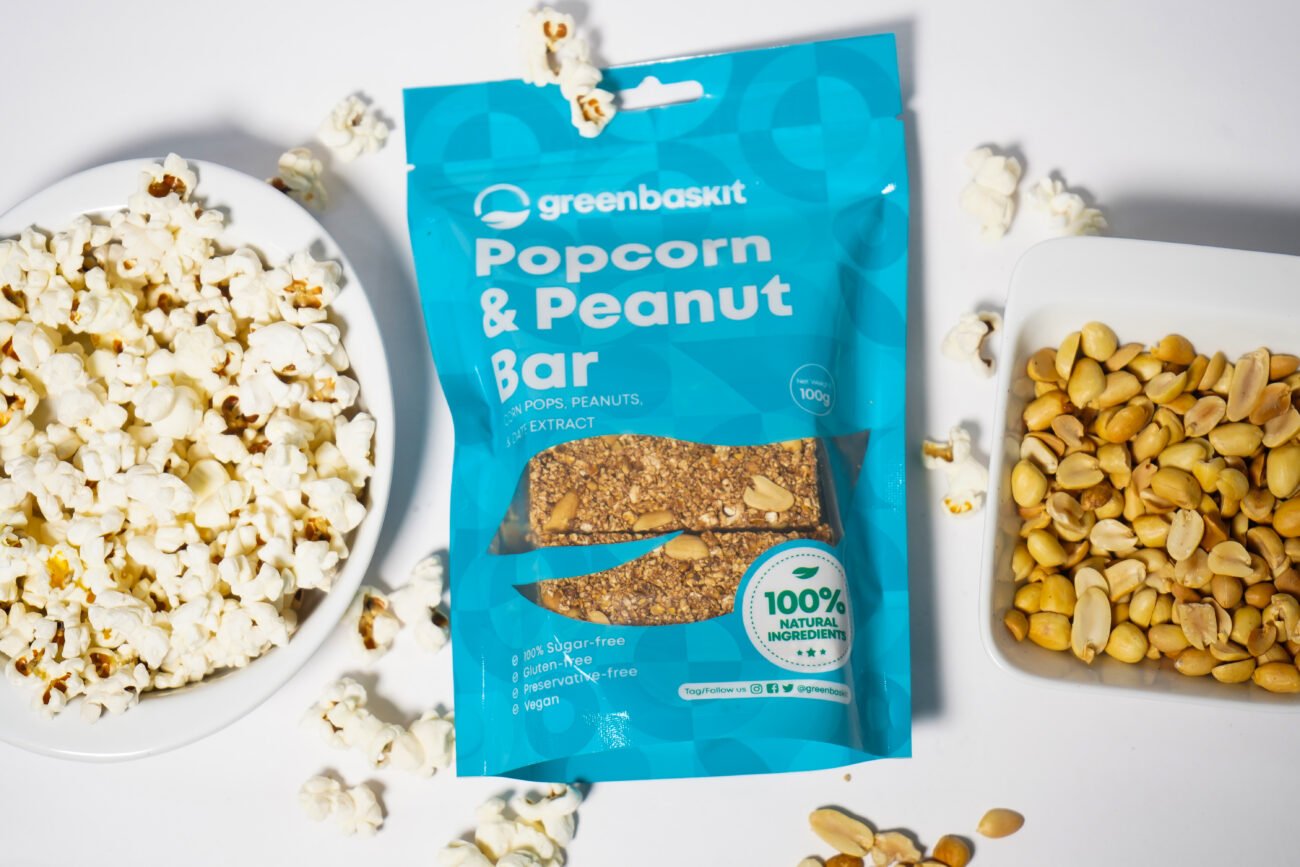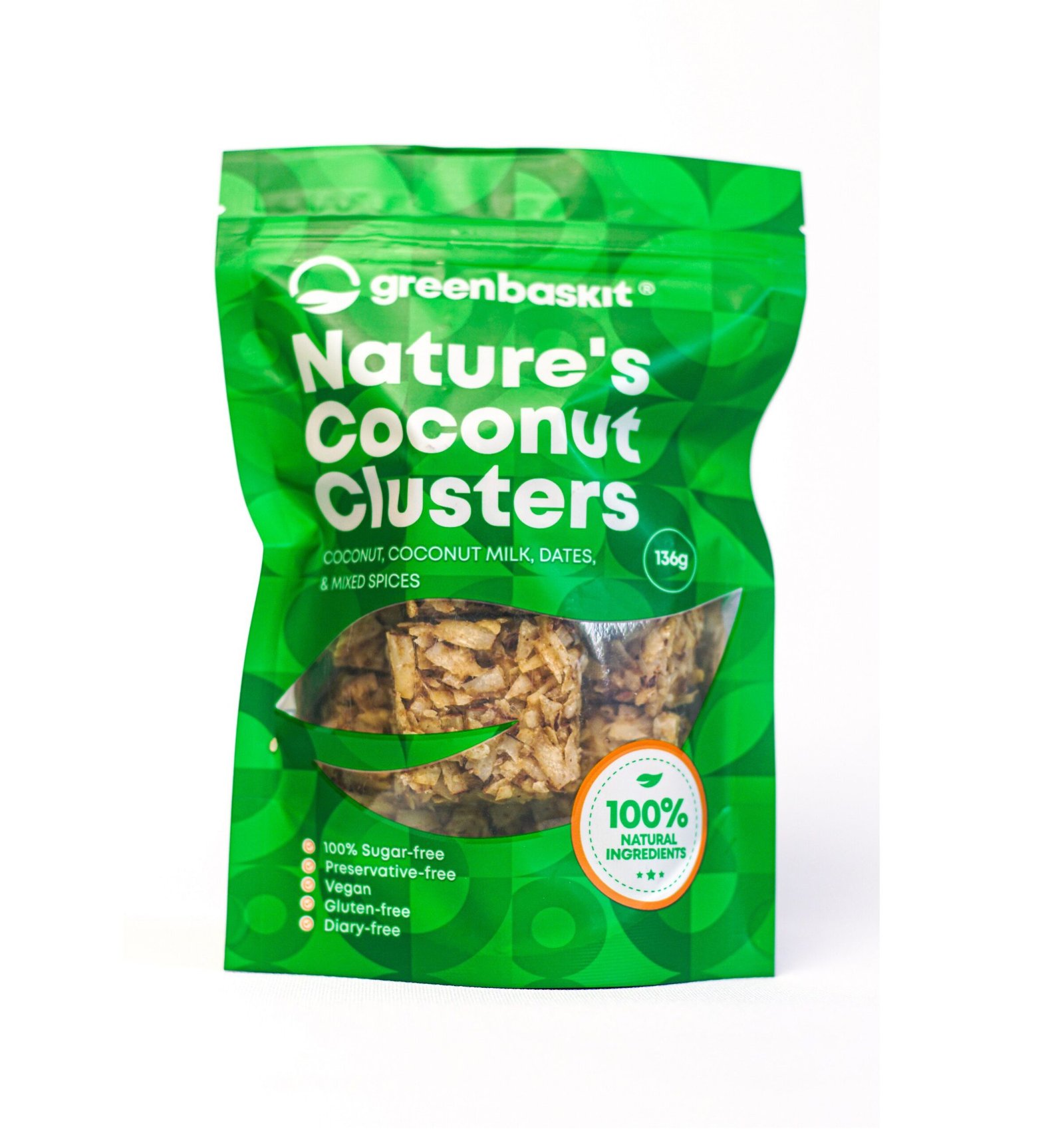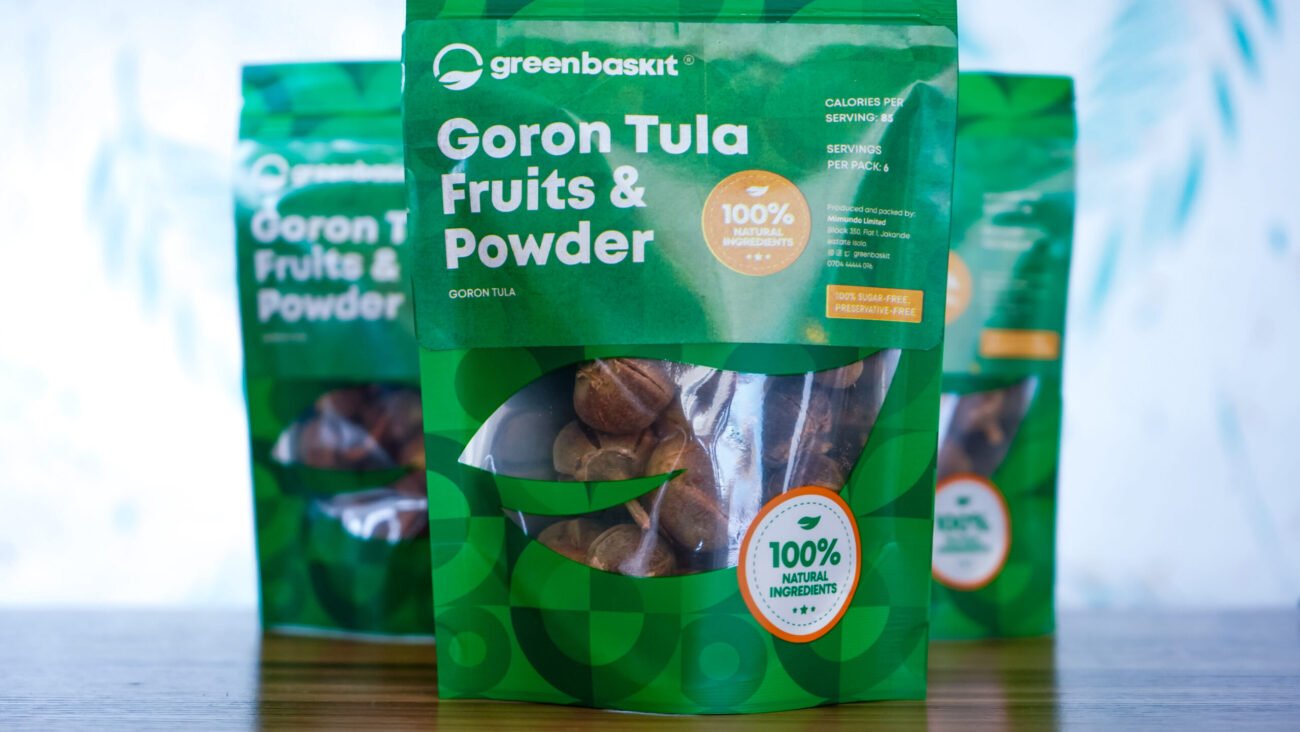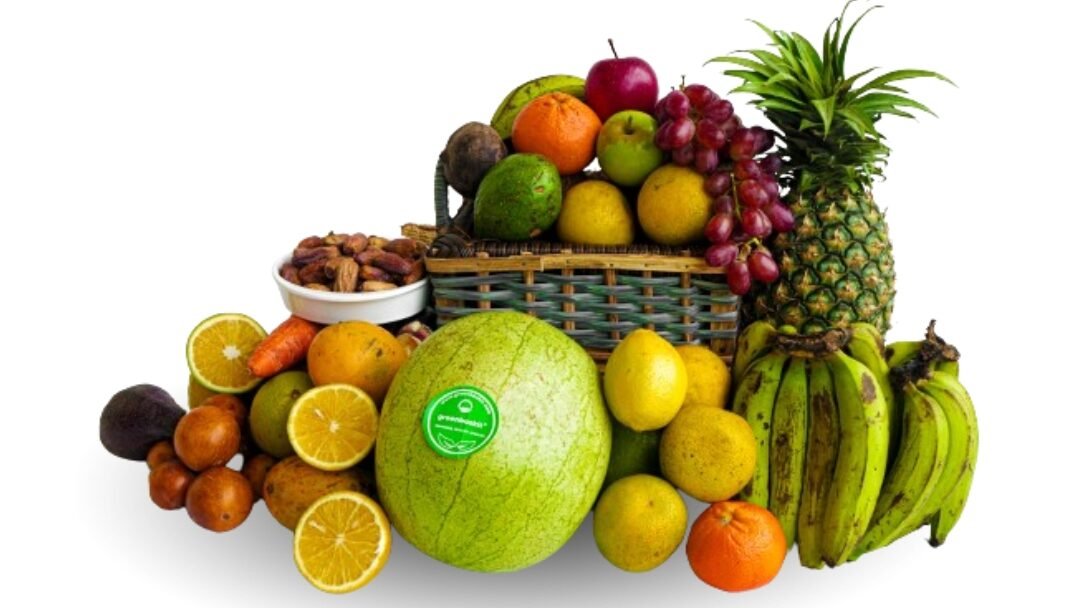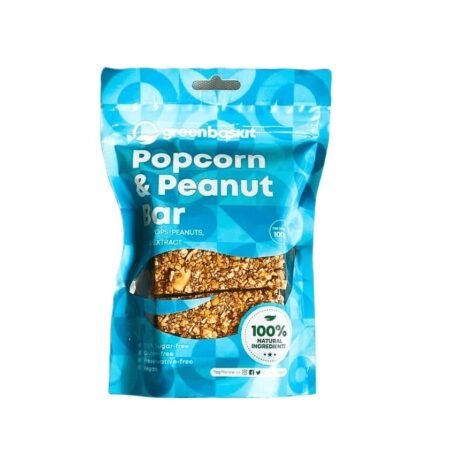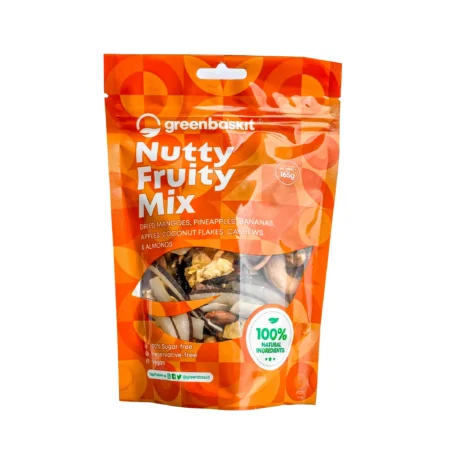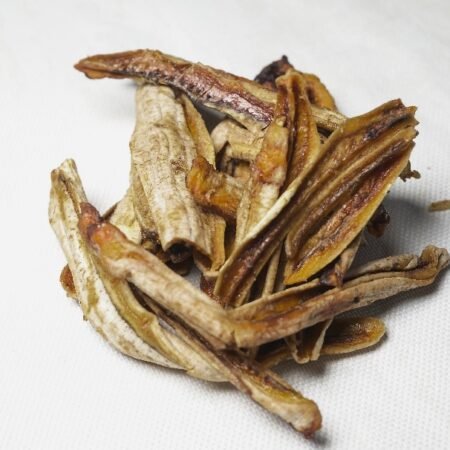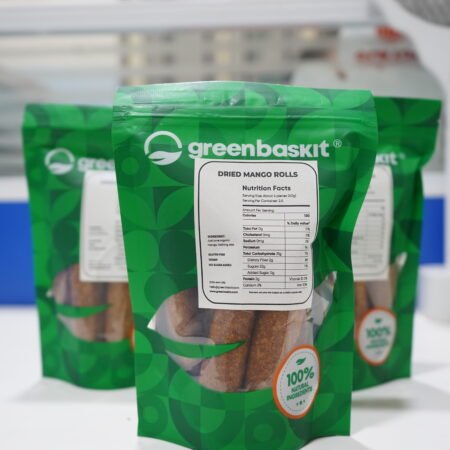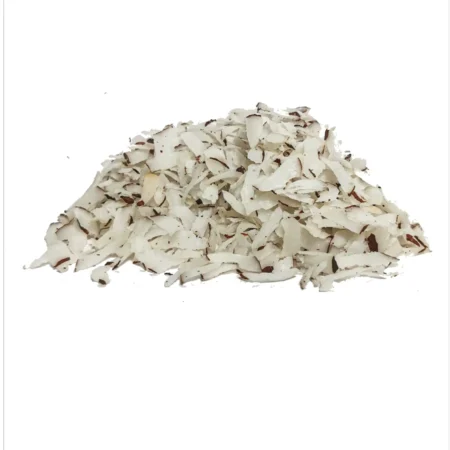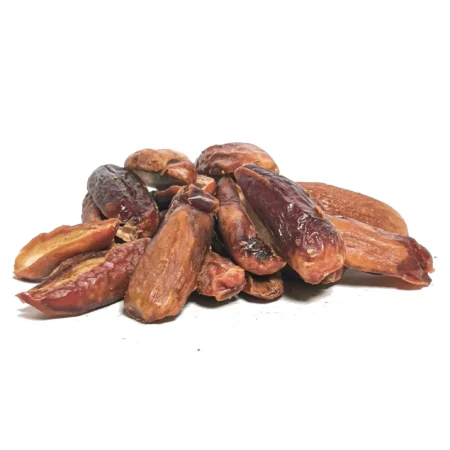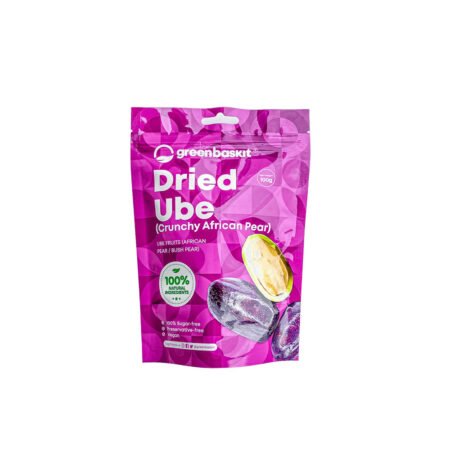Coconut clusters, a delightful treat often called coconut candy in Nigeria, offer a taste of tropical paradise. But let’s be honest, traditional coconut candies are often loaded with sugar, leaving you with a delightful taste but a pang of guilt. That’s where our coconut clusters shine. We’ve taken the classic coconut candy, popularly known traditionally in Nigeria as Agbon candy and reimagined it, crafting a treat that’s not only irresistibly sweet but also completely sugar-free. This means you can indulge in the rich, crunchy goodness of coconut without the sugar crash or the guilt. We will explore in detail their origins, their health benefits, and why our sugar-free version is the perfect snack for any occasion.
A Little Trip Down Memory Lane… with a Healthy, Modern Twist
You know, it’s funny, you might think these Coconut Clusters are a new thing, but they actually have deep roots in African cooking. In Nigeria, they’re known as “Coconut Candy,” and similar treats have been enjoyed for generations. It’s like a taste of history! I’ve heard them called “Agbon Candy” and other names too, depending on the region. Traditional coconut candy, though, is usually loaded with sugar.
That’s what makes Green Baskit’s version so special. They’ve taken this classic treat and made it healthy! By using just the natural sweetness of Medjool dates, they’ve created something that’s both delicious and nutritious. It’s a brilliant way to honor tradition while also creating something perfect for today’s health-conscious consumer. (I’d love to learn more about the different regional variations of Nigerian coconut candy – the history, the specific preparation methods, the cultural significance. That would be a fascinating addition to this story.)
It’s a common sight at parties, weddings, and other celebrations, a symbol of sweetness and good times. This traditional name, agbon, reflects the Yoruba word for coconut, highlighting the core ingredient of this treat.
A World of Names: Coconut Candy Across Africa
The love for coconut candy extends beyond Nigeria’s borders, and with it comes a variety of names across the African continent. While agbon candy resonates in Nigeria, other regions have their own unique terms. Further research is needed to document all the names, but some initial explorations suggest:
Kenya In some parts of Kenya, similar coconut treats might be referred to as “madafu” sweets, though “madafu” itself refers more broadly to the coconut fruit.
Ghana: Depending on the specific preparation, coconut treats could be grouped under general confectionary terms, or local dialect might have a specific name.
Other regions: It’s likely that various local languages and dialects throughout Africa have their own unique terms for coconut candy. Further research, possibly involving linguistic and culinary experts, would be needed to document these names fully.
This diversity in names underscores the widespread appreciation for coconut candy across Africa and the rich tapestry of culinary traditions associated with it. It also highlights the need for more research to capture and preserve this culinary heritage.
Reimagining a Classic: The Sugar-Free Revolution
We believe that everyone should be able to enjoy the delicious taste of coconut clusters without compromising their health. That’s why we embarked on a mission to create a sugar-free version of this beloved treat, whether you know it as coconut candy, Agbon candy, or by another name entirely. It wasn’t an easy task. We knew that simply removing the sugar wouldn’t do. We needed to find a way to replicate the sweetness and texture of traditional coconut candy without using any added sugar.
After much experimentation and countless taste tests, we finally cracked the code. We discovered the perfect blend of natural ingredients that, when combined with shredded coconut, created a sweetness that was both satisfying and natural. We also paid close attention to the cooking process, ensuring that the coconut clusters achieved the ideal chewy texture that everyone loves.
The result? Coconut clusters that are just as delicious, if not more so, than their sugary counterparts. Our sugar-free recipe not only eliminates the negative health effects of refined sugar but also allows the natural flavor of the coconut to shine through. It’s a taste of paradise, pure and simple.
The Power of Coconut: More Than Just a Delicious Taste
Coconuts, the star ingredient of our coconut clusters, are more than just a source of deliciousness. They are also packed with nutrients that offer a range of potential health benefits. Let’s take a closer look at what makes coconuts so special:
Medium-Chain Triglycerides (MCTs): Coconuts are a rich source of MCTs, a type of healthy fat that is easily digested and absorbed by the body. MCTs have been linked to various benefits, including weight management, increased energy levels, and improved cognitive function.
Dietary Fiber: Coconuts are a good source of dietary fiber, which is essential for healthy digestion. Fiber helps to regulate blood sugar levels, promotes feelings of fullness, and supports a healthy gut microbiome.
Essential Minerals: Coconuts contain several essential minerals, including manganese, copper, and selenium. These minerals play important roles in various bodily functions, from supporting bone health to boosting the immune system.
Why Choose Our Sugar-Free Coconut Clusters?
We understand that you have many choices when it comes to snacks. So, why should you choose our sugar-free coconut clusters? Here are just a few reasons:
Guilt-Free Indulgence: Enjoy the sweet taste of coconut without the guilt of added sugar. Our sugar-free recipe makes it possible to satisfy your sweet cravings without compromising your health goals.
Natural Sweetness: We use only natural ingredients to achieve the perfect level of sweetness in our coconut clusters. No artificial sweeteners or added sugars are used in our recipe.
Delicious Taste and Texture: We’ve perfected our recipe to ensure that our coconut clusters have the same delicious taste and chewy texture as traditional coconut candy. You won’t believe they’re sugar-free!
Versatile Snack: Coconut clusters are a versatile snack that can be enjoyed in many ways. Eat them straight from the bag, add them to your favorite desserts, or incorporate them into your own culinary creations.
Serving Suggestions: Unleashing the Culinary Potential of Coconut Clusters
Coconut clusters are incredibly versatile and can be enjoyed in a multitude of ways. Here are some creative serving suggestions to inspire you:
Classic Snacking: Enjoy a handful of coconut clusters straight from the bag for a quick and satisfying snack. They’re perfect for those moments when you need a little pick-me-up.
Dessert Delight: Sprinkle coconut clusters on top of yogurt, ice cream, or pudding for a burst of coconut flavor and a delightful chewy texture.
Trail Mix Magic: Add coconut clusters to your homemade trail mix for an extra boost of energy and nutrients. They pair perfectly with nuts, seeds, and dried fruit.
Baking Adventures: Incorporate coconut clusters into your baking recipes. Add them to cookies, muffins, or brownies for a tropical twist.
Gourmet Garnish: Use coconut clusters as a garnish for cakes, cupcakes, or other desserts. They add a touch of elegance and a burst of flavor.
The Human Touch: Our Commitment to Quality and Care
At Green Baskit, we’re passionate about creating high-quality snacks that are both delicious and healthy. We believe that food should not only nourish the body but also bring joy and satisfaction. That’s why we put so much care and attention into every batch of coconut clusters we produce.
From sourcing the finest coconuts to carefully crafting our sugar-free recipe, we’re committed to excellence every step of the way. We believe in using only natural ingredients and avoiding any artificial additives or preservatives. Our goal is to create snacks that you can feel good about eating and sharing with your loved ones.
Beyond the Snack: The Cultural Significance of Coconuts
Coconuts hold a special place in many cultures around the world. They are not just a source of food but also a symbol of abundance, prosperity, and good fortune. In some cultures, coconuts are used in religious ceremonies and rituals, representing purity and spiritual connection.
The coconut tree, often referred to as the “tree of life,” provides a multitude of resources, from food and drink to shelter and clothing. It’s no wonder that the coconut has become such an integral part of so many societies.
A Sustainable Choice: Supporting Responsible Coconut Farming
We believe in supporting sustainable practices and responsible sourcing. That’s why we work with suppliers who are committed to environmentally friendly coconut farming. We believe that it’s important to protect the environment and support the communities that rely on coconut farming for their livelihoods.
The Future of Snacking: Healthy, Delicious, and Sustainable
We believe that the future of snacking is healthy, delicious, and sustainable. We’re committed to creating snacks that not only taste good but also contribute to your well-being and the health of the planet. Our sugar-free coconut clusters are just the perfect fit for you!
Join the Coconut Cluster Revolution!
We invite you to join us on this journey to a healthier and more delicious snacking experience. Try our sugar-free coconut clusters today and discover the taste of paradise, guilt-free. We’re confident that you’ll love them as much as we do. Connect with us and follow us on social media @green baskit for updates, recipes, and more.


